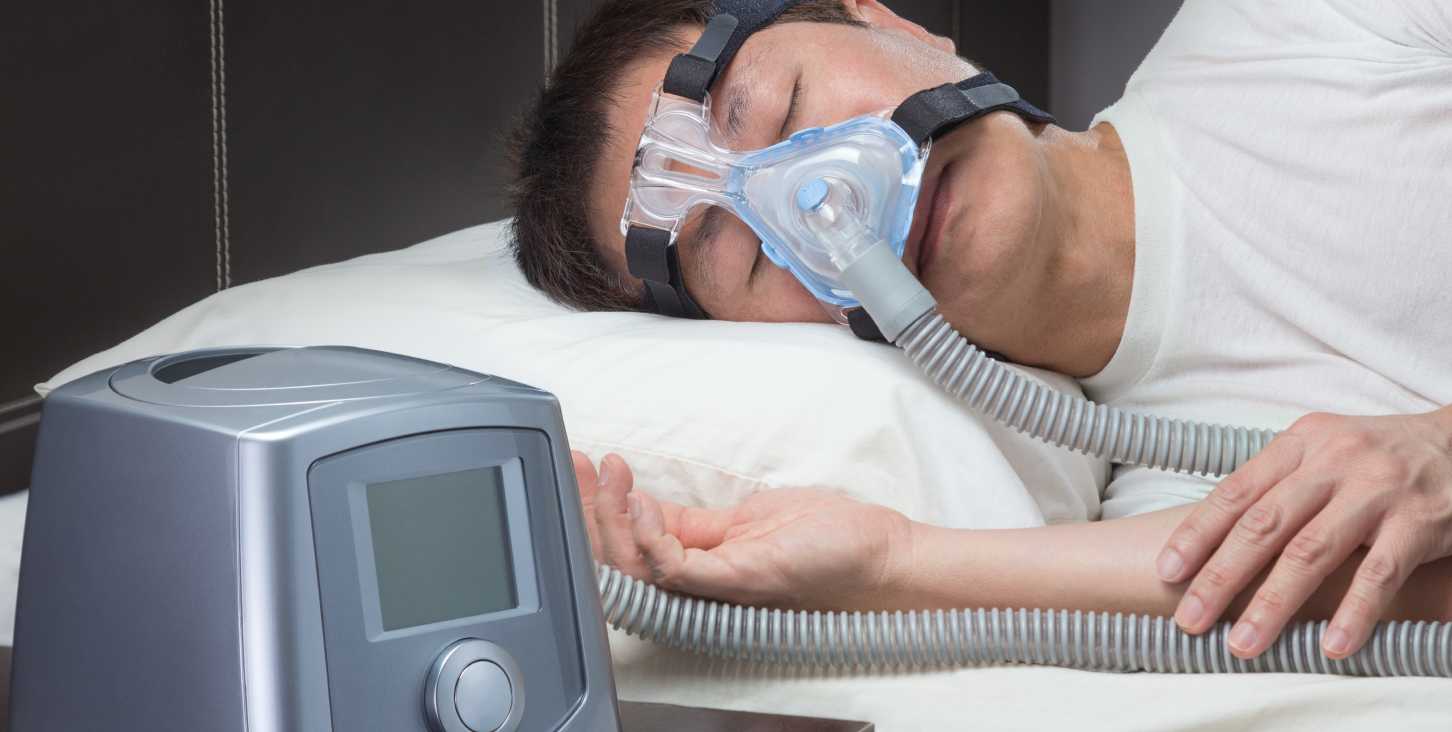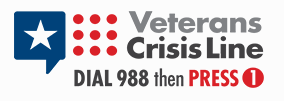What Types of Sleep Apnea Qualify for VA Disability Benefits?
There are three types of sleep apnea—obstructive sleep apnea, central sleep apnea, and mixed sleep apnea.
Obstructive Sleep Apnea
Often referred to as OSA, obstructive sleep apnea occurs when the muscles in the throat that support the soft palate relax and block your airway. When the brain senses that you cannot breathe, it briefly wakes you so you can reopen your airway. During these awakenings (which you may not be aware of), you may snort, gasp, or choke. These episodes can occur up to 30 times an hour, interfering with your sleep cycle and hampering restful sleep.
Central Sleep Apnea
This type of sleep apnea is less common. It occurs when the brain fails to signal the muscles in your chest that control breathing. The most common type of central sleep apnea is known as Cheyne-Stokes. It is characterized by breathing alternating between periods of not breathing and periods of hyper breathing.
Mixed Sleep Apnea
Sometimes referred to as complex sleep apnea syndrome, mixed sleep apnea is when someone experiences both central and obstructive sleep apnea.
Common Sleep Apnea Symptoms
The most common symptoms of central and obstructive sleep apnea include:
- Snoring loudly
- Episodes of stopped breathing
- Awakening to gasp for breath
- Awakening with a dry mouth
- Morning headache
- Irritability
- Excessive daytime sleepiness
- Difficulty concentrating
Sleep Apnea Risk Factors
Sleep apnea can be associated with excessive weight, the use of alcohol or sedatives, smoking, nasal congestion, or a medical condition. Sufferers of central sleep apnea tend to be older individuals, men, those with heart disorders, and stroke survivors. Interestingly, both post-traumatic stress disorder (PTSD) and traumatic brain injuries (TBIs) have been found to increase the chances of a Veteran developing sleep apnea or another type of sleep disorder. Therefore, it’s important for Veterans with sleep apnea—or another sleep disorder—to file a claim with the VA and receive the benefits they deserve.
Filing for VA Disability Benefits for Sleep Apnea
When filing a sleep apnea claim for VA disability, you should provide the following:
-
Documentation of Symptoms and Treatments: Document your sleep apnea symptoms, such as excessive daytime sleepiness; if you had a sleep apnea diagnosis from a doctor; and any prescribed treatments, such as medications or devices, including continuous positive airway pressure (CPAP) therapy.
-
Sleep Study: Most doctors require a sleep study to accurately and definitively give a sleep apnea diagnosis and prescribe treatments, such as a CPAP or other breathing assistance device.
-
How Sleep Apnea Affects Your Work: In order to obtain VA disability for sleep apnea, you will need to show how the sleep disorder is impacting your ability to work. For example, if your job requires you to operate heavy machinery, your ability to do your job may be hindered by sleep apnea-induced excessive daytime sleepiness.
-
Show Service Connection: An essential element to getting VA benefits for sleep apnea is showing that your sleep apnea is a service-connected disability. You can either show that you developed sleep apnea while in the service or were diagnosed with sleep apnea due to another service-connected condition.
Showing Service Connection for Sleep Apnea
The first step in obtaining VA disability benefits is to show the VA that your disability is related to or began during your military service. To accomplish this, a Veteran’s claim and the evidence that the VA develops must show three things:
- the Veteran has a current disability,
- an in-service injury or illness, and
- a connection between the current disability and the in-service injury or illness.
In the case of sleep apnea, a Veteran may have started experiencing symptoms during their time in service. Some Veterans, for example, develop severe snoring during service or are told by roommates or significant others that they stop breathing in their sleep. These can be symptoms of obstructive sleep apnea that continue to progress after a Veteran’s service.
Many times, the Veteran did not seek treatment for sleep issues during service because, at the time, they didn’t realize that they had a sleep disorder. In these cases, it can be difficult to gather the evidence a Veteran needs to be service-connected for their sleep disorder.
In some cases, sleep apnea may be related to another service-connected disability, such as post-traumatic stress disorder.
The experienced attorneys at Berry Law understand the requirements of VA law and regulations and know what kind of evidence the VA looks for in deciding claims for VA disability for sleep apnea. If the VA has denied your sleep apnea claim, contact us today and let us review your file.
VA Disability Rating for Sleep Apnea Syndromes
Once a veteran proves that their sleep disorder is related to military service, the VA will determine the Veteran’s monthly compensation amount based on a complex series of rating criteria set forth in VA regulations.
The VA disability ratings for sleep apnea are assigned at 0, 30, 50, or 100 percent.
- If sleep apnea causes documented sleep disorder breathing but is otherwise considered asymptomatic sleep apnea, the Veteran will be assigned a 0 percent rating, meaning the Veteran will not receive any monthly payment amount for sleep apnea.
- If the Veteran experiences severe sleep apnea with persistent excessive sleepiness during the day, they will receive a 30 percent VA disability rating.
- Using a CPAP machine will entitle a Veteran to an automatic 50 percent rating.
- If the Veteran’s sleep apnea causes chronic respiratory failure with carbon dioxide retention or cor pulmonale, or if their sleep apnea requires tracheostomy, then a 100 percent rating will be awarded.
Click here to learn more about how to increase your VA disability rating.
Veterans Affairs Compensation for Sleep Apnea
The 2025 VA disability benefits rates went into effect on Dec. 1, 2024. For a single Veteran with an obstructive sleep apnea claim above 0 percent disability rating, the compensation is as follows:
- 30% – $537.42/month
- 50% – $1,102.04/month
- 100% – $3,831.30/month
If a Veteran has a spouse or dependents, such as children or parents, the monthly benefits for sleep apnea are increased. Additional VA disability claims could also increase your VA compensation.




